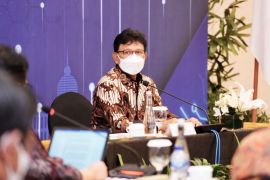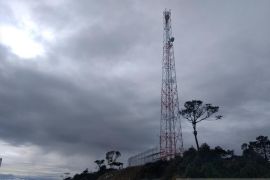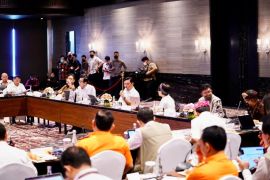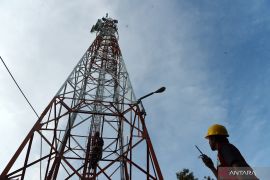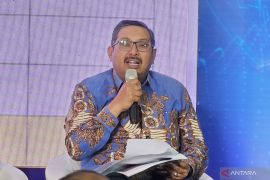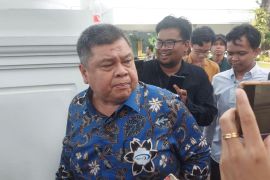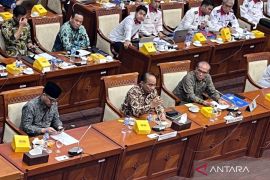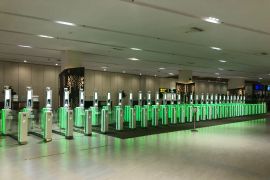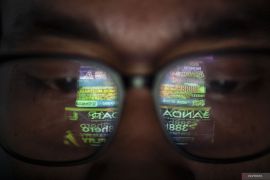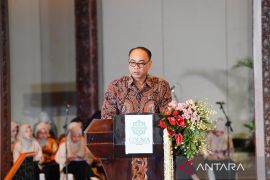They also need to have a minimum of five years of experience and fulfill a minimum of five percent of the total investment.
"By requiring them to be members of the consortium, they can control and operate the SKKL system they helped build, showcasing the state’s presence in the business entity of the local operators," said head of the ministry's telecommunication network team, Aditya Iskandar.
He conveyed this at the "Marine Spatial Planning and Services Expo 2023" (MSPS 2023), which was held from September 19–21, according to a written statement received from the Coordinating Ministry for Maritime Affairs and Investment (Kemenkomarves) in Jakarta on Monday.
The Kemenkomarves organized MSPS 2023 with the aim of expanding literacy in maritime spatial planning in the context of maritime sovereignty to support Indonesia's goal of becoming the world's maritime axis.
According to the Minister of Communication and Information's Regulation No. 5 of 2021, specifically Articles 13–19 concerning the governance of international SKKL operators, international operators must cooperate with local operators to obtain landing rights, Iskandar said.
International SKKL operators must also have a minimum of five years of operational experience and fulfill 100 percent of their development obligations.
The obligations, which are outlined in the Minister of Communication and Information's Regulation No. 5 of 2021, are intended to ensure that operators report their benefits to the state, including taxes and non-tax state revenues (PNBP).
These will need to be reinvested to improve the domestic telecommunications ecosystem.
Kemenkominfo will also evaluate each SKKL project implementation in Indonesia and monitor investment and cooperation agreements to ensure compliance with the five percent investment rule.
There are three SKKL projects and one electricity cable project that are being developed in Indonesian waters, namely the Echo project, which is a collaboration between Meta, Google, and XL Axiata.
The next is the Bifrost project, a collaboration between Meta, Keppel Midgard, and PT Telekomunikasi Indonesia International or Telin, a subsidiary of PT Telkom Indonesia.
The last is the Apricot Project, an electrical cable project collaboration between Meta, Keppel Midgard, NTT, and the Sun Cable Project.
The Ministry of Transportation has been given the authority to develop sea cable infrastructure due to the limited number of Indonesian-flagged vessels that can carry out SKKL project activities.
The cabotage principle mandates that every ship in Indonesian territory must bear the Indonesian flag.
Related news: Ministry working to mitigate Merauke-Timika sea cable disruption
Related news: Minister Plate supports consolidation in SKKL management
Reporter: Cindy Frishanti Octavia
Editor: Rahmad Nasution
Copyright © ANTARA 2023

